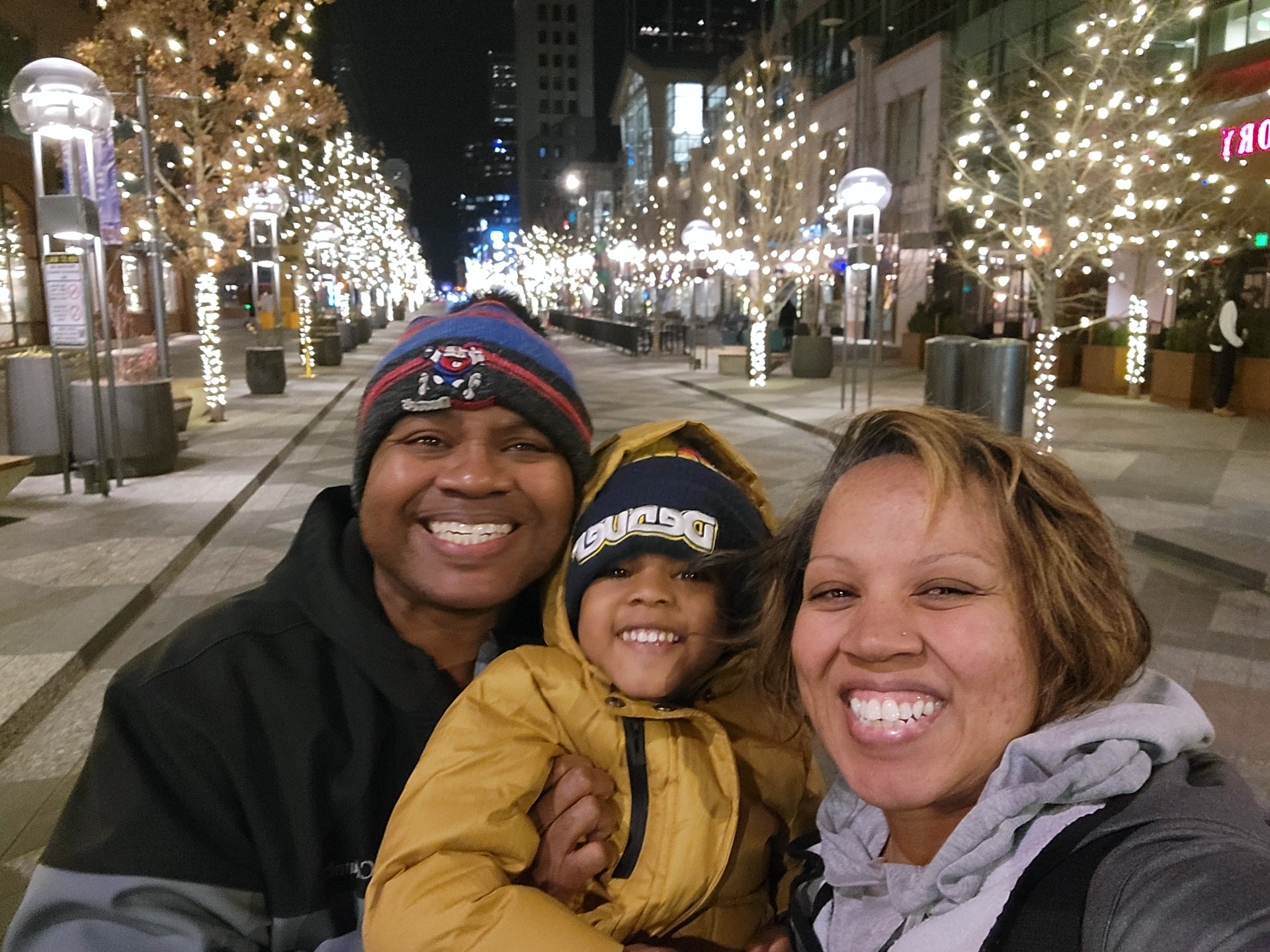Buckle up, I have quite a soap box with this one! Since we were little girls we have been marinating in poisonous messages about our bodies. We navigate puberty enduring scrutiny and engage in “normal” but toxic comparisons. By the time we reach adulthood, automatic body comparisons and judgments are deeply entrenched habits of self-abuse running unchecked along our neurological circuitry. What’s your guess as to the impact this has on our libidos?
The negative body image voice whispers to us every time we:
Choose an outfit, “ugh, look at your stomach.”
Take a shower, “look at that ugly skin.”
Go on vacation, “you do not look good in any imaginable swimsuit.”
It is relentless — it sucks and drains our joy throughout our days without many of us even realizing it.
Fast forward to bedtime … a day filled not only with difficult trials on our nerves and hearts but also littered with negative internal jabs about our bodies. What a set up to be, “just not in the mood” and “I don’t know why.”
“Libido” is our sexual desire and it is highest when we feel beautiful, free, playful, nurtured and not stressed.
How much do these words NOT correlate with our stage of life? What a set up to be a bunch of low-libido moms of preschoolers!
There are so many things we can’t really change in this stage of life — the age of our kids or financial limitations — but I’m here to tell you, negative body thoughts are indeed workable. They are the grains of sand in our sexy shoes, and we must commit to mindfully extracting them one at a time. Okay, here are a few ideas…
Start by trying to notice them.
It doesn’t feel like much, but in order to outsmart an enemy you must study her. This begins to shine the light of conscious awareness on these thought cockroaches. They slowly begin to reveal their frequency and you in turn get to feel horrified, but more self-aware.
Do an experiment.
Practice disbelieving the thoughts for just a day. Choose to entertain the possibility that your negative judgments don’t have to be believed. See if you begin to notice when you’re caught up in them and redirect your attention to the present moment or prayer or anything else you value. Take a deep breath and envision yourself breathing the meanness out.
Challenge your negative thoughts.
“Kelley you just don’t look good at all today.” I might respond internally with, “thank you. Noted.” As if I were politely shutting up an unhelpful committee member. Or I may say, “what would my posture be like if I thought the opposite?” And I put my shoulders back and try to strut my ugly outfit.
Be curious.
What could you be thinking or feeling if you weren’t nit-picking your appearance? Life is full of interesting ideas, problems to solve, stories to hear, risks to take, talents to develop and people to care for. What would you prefer to spend your energy on instead? What impact do you think these thoughts would have on your libido?
Typically we assume the thoughts mean we need to try harder to change our bodies. I’m pitching a different angle here — we need to take on the thoughts themselves. Of course I’m not saying to eat fast food every meal, laugh as your pants stop fitting and then watch your libido skyrocket (though not wearing pants may assist this.) I’m saying we have to clean up our thinking. Period. People grow healthier (physically, spiritually, emotionally, relationally and sexually) with far less effort when they are committed to challenging toxic thoughts.
I have witnessed many a husband sincerely tell his wife how beautiful she is, how he loves her body and adores the sight of her naked. But because she holds so fiercely to the belief that her body isn’t good enough she never wears lingerie, refuses to stand naked in his presence and of course beats herself up for struggling to feel joy and freedom in bed with him. If she can cultivate a positive, nurturing, affirming mental climate she may begin to experience herself as beautiful. In return, she possibly could find herself a bit more “up” for intimacy or even an excited initiator when the long day shifts to night.
Kelley Gray has been a private practice psychotherapist in the Denver area for 14 years. She is passionate about promoting growth, healing and making messes with her daughters.




